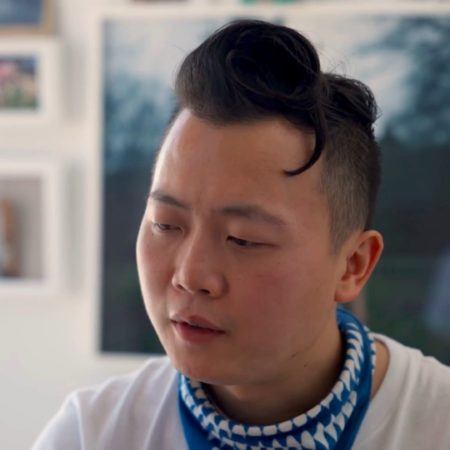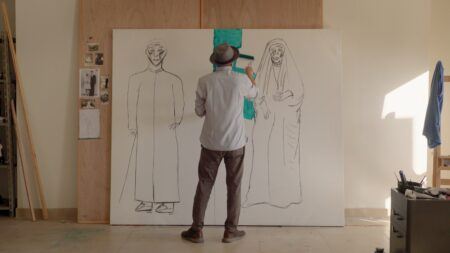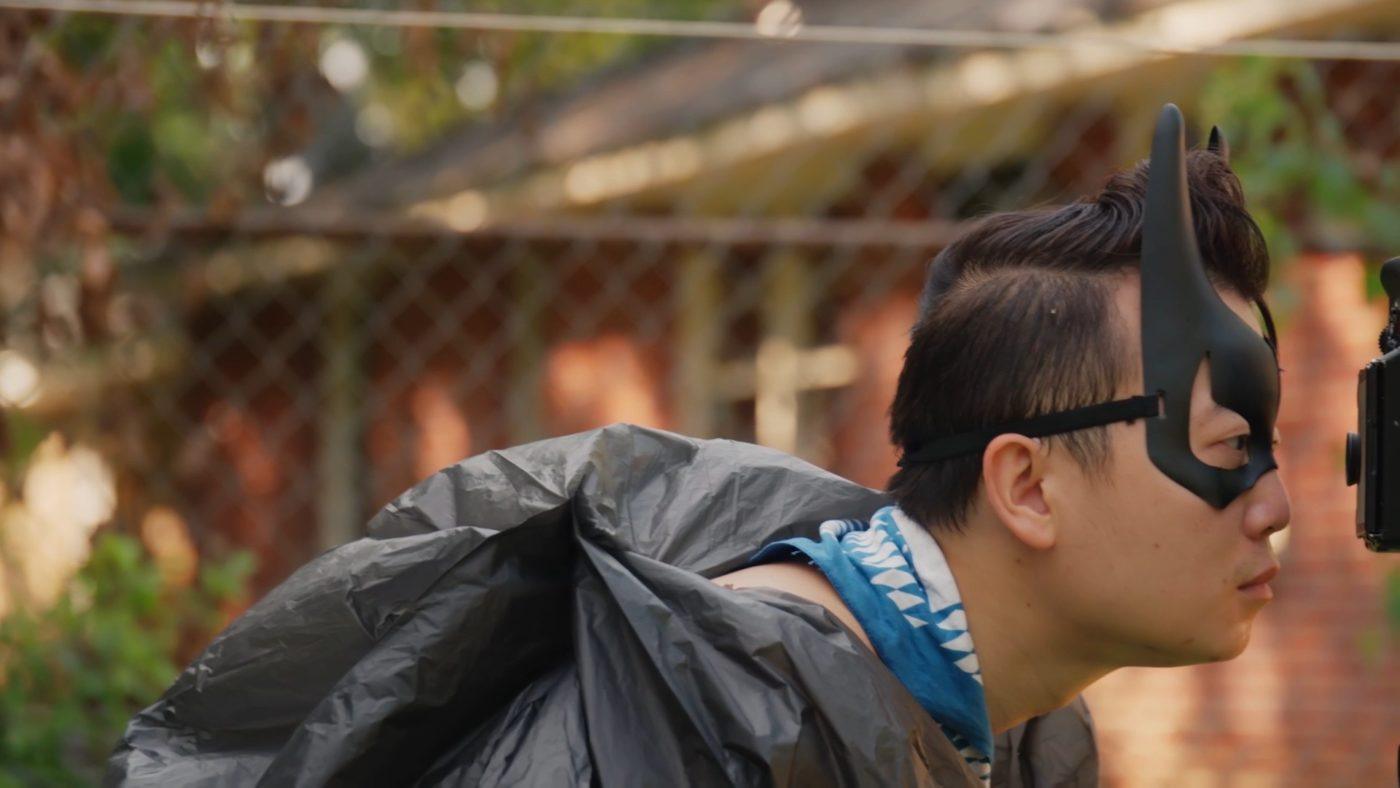Tommy Kha

Tommy Kha was born in 1988 in Memphis, Tennessee, and lives and works between Brooklyn, New York and Memphis. The artist received a BFA from the Memphis College of Art in 2011, and an MFA from Yale University in 2013. With a humorous and poignant touch, Kha examines how we construct belonging and otherness through photography, inventing new models for self-portraiture with a critical eye toward the medium’s long history of absences and erasure.
Growing up as a Chinese-American boy in Memphis, Kha had often been made to feel he was different. Now as an adult the artist locates a place for himself, both within the American South and the tradition of photography. Critical of the ways in which photography has been used to assert truths and historical narratives that exclude or misrepresent, Kha has found a model of picture-making through which he maintains agency as a subject of photography and questions the construction of the “self.” In his ongoing project I’m Only Here to Leave (2015 – Present) the artist creates cardboard cut-outs and prosthetic masks of his own face and photographs them, complicating and fracturing his representation. Kha has also reproduced his image as a puzzle and layered his photographs atop one another in exhibitions, furthering feelings of dislocation evoked by his work.
Kha’s work often returns to his family’s history; Soft Murders (2014 – Present) is a collection of ongoing and related projects partially inspired by his mother’s own snapshot photography from a photoalbum she gifted him. Soft Murders maps the connections between the artist’s family, their history, and his hometown through staged photographs featuring himself (as well as cardboard cut-outs of himself), his mother, and signifiers of the Mississippi Delta Chinese Community. Kha has included his mother’s personal photography – self-portraits of a young woman confidently posed, smiling at the camera – within the project. These stand in contrast to Kha’s intentionally theatrical photographs, which balance precariously between comedy and tragedy, being and performing, and the mundane and the absurd. Representing experiences of Asian Diaspora and images of iconic Americana, the artist asks how photography, a tool which has been used to other people who look like him, might become a means by which he can be truly seen.
Videos 1
“How do we see ourselves when we are not represented? What’s the best way to arrive at ourselves through photography?“
Tommy Kha

